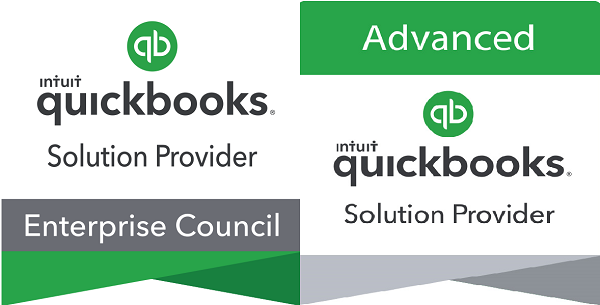Many firms are looking to upgrade or replace their accounting software. They look forward to a more efficient system but are concerned about making such a large change and the consequences of making the wrong decision. In the past we looked at fairly similar features and the higher the price the better the software we found. Today all bets are off and it’s hard to even compare prices of possible solutions.
The accounting software ecosystem has changed and there are terms that we may not be familiar with or we may not completely understand. In this article, I’d like to discuss the options: cloud applications, hosted software, client-server software, and desktop software. All of these options are very different and the option you choose will significantly affect your access, functionality, workflow, and costs.
Cloud Applications are programs that reside on the software provider’s servers and they are installed and updated by the provider. You will not need to maintain servers or take daily backups, examples of such applications are QuickBooks Online, NetSuite,and Xero.
Hosted Applications are not really a program but a hybrid solution where you select an accounting solution that meets your needs and it is installed on a server provided by a “hosting” company. This option allows you to choose a software package that meets all your needs without having to maintain a server and the necessary IT staff.
Client Server Applications are programs that reside on your server and are accessed from various workstations. The computing is performed at the server and therefore is faster and does not require as robust workstations.
Desktop Applications are programs that vary from very basic to advanced software that reside on your workstation/computer, These applications can be single user or accessed by other users on your network. The computing is performed at your computer and will be dependent upon the speed of your computer (and network if shared with other users) Examples of such applications are QuickBooks, and Peachtree.
I hope this summary has helped you understand the Accounting Software options and will help you narrow down an appropriate software for your business.


